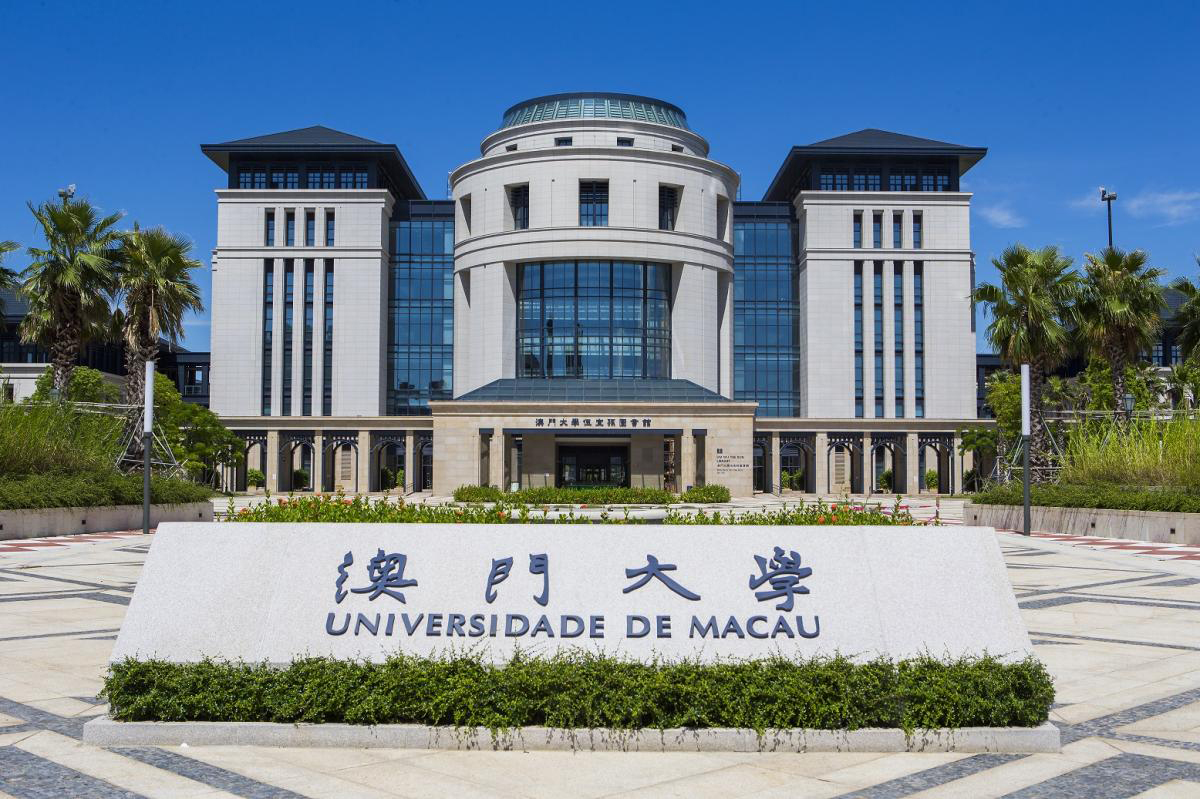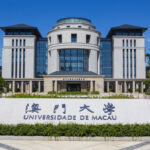 UM successfully completes its first Institutional Quality Audit
UM successfully completes its first Institutional Quality Audit
The University of Macau (UM) has successfully completed its first Institutional Quality Audit (IQA), conducted by the UK’s Quality Assurance Agency for Higher Education (QAA). This reflects international recognition of the university’s educational quality and operational efficiency.
The evaluation panel commended UM for its effective governance and management across all operational areas. In terms of administration, the university adopts the international standard and guidelines of ISO 14001 and is proactive in environmental management. In terms of teaching and learning, scientific research, and social services, the university adopts comprehensive internal quality assurance mechanisms, and draws on good practices in similar higher education institutions as well as international practices. The evaluation panel unanimously agreed that UM is an institution characterised by self-reflection, professionalism, and a high level of autonomy.
Yonghua Song, rector of UM, expressed his gratitude to the Macao SAR Government for its support. He highlighted that the recognition from the evaluation panel is a testament to the collective efforts of UM faculty, staff, and students. The university will continue to enhance its educational standards, pursue excellence in teaching and research, cultivate more outstanding talent, and increase its international recognition and competitiveness, so as to make greater contributions to the development of higher education in Macao and the strategy of invigorating the country through science and education.
In accordance with Law No. 10/2017 Higher Education Regime and Administrative Regulation No. 17/2018 Higher Education Quality Evaluation System, and following the Guidelines on Institutional Quality Audit and the Guidelines for External Quality Assurance Agencies, UM commissioned QAA to conduct IQA in 2023. The evaluation was completed in July 2024.
IQA examines three areas of operation: 1) educational purposes and goals; 2) institutional administrative management, planning and accountability; 3) quality assurance. In addition to reviewing the self-evaluation document submitted by UM, the evaluation panel conducted an on-site visit in May 2024. They held in-depth discussions with the University Council representatives, university management, faculty and staff, student representatives, employers, industry practitioners, and alumni. Following a comprehensive assessment, QAA confirmed that UM fully meets the requirements in all three areas and highlighted several examples of good practice by the university, affirming its educational quality and operational efficiency.
The evaluation panel highly praised UM’s robust management structure and efficient decision-making processes. UM fosters a collaborative environment by engaging various stakeholders in university governance through open and two-way communication, leading to the development of academic plans and strategies that align with the university’s vision, and enabling the university to fulfil its educational purposes and goals. Moreover, UM’s leadership team possesses extensive qualifications and experience, and enjoys high academic and professional standing in the international community. Under their leadership, UM has consistently strived for excellence, keeping pace with global advancements and building a strong international reputation. This progress highlights the leadership team’s commitment and foresight.
Furthermore, UM’s programmes adopt a student-centred approach, prioritising learning outcomes and incorporating cultural heritage and innovation as part of their teaching objectives to foster effective learning. The university’s high-quality teaching and learning facilities and resources not only provide students with superb learning and living experiences, but also ensure the quality of community services. Advanced research facilities and extensive research resources support the delivery of cutting-edge research outputs. The comprehensive residential college system provides multiple levels of support to students and makes substantial contributions to whole-person education.


